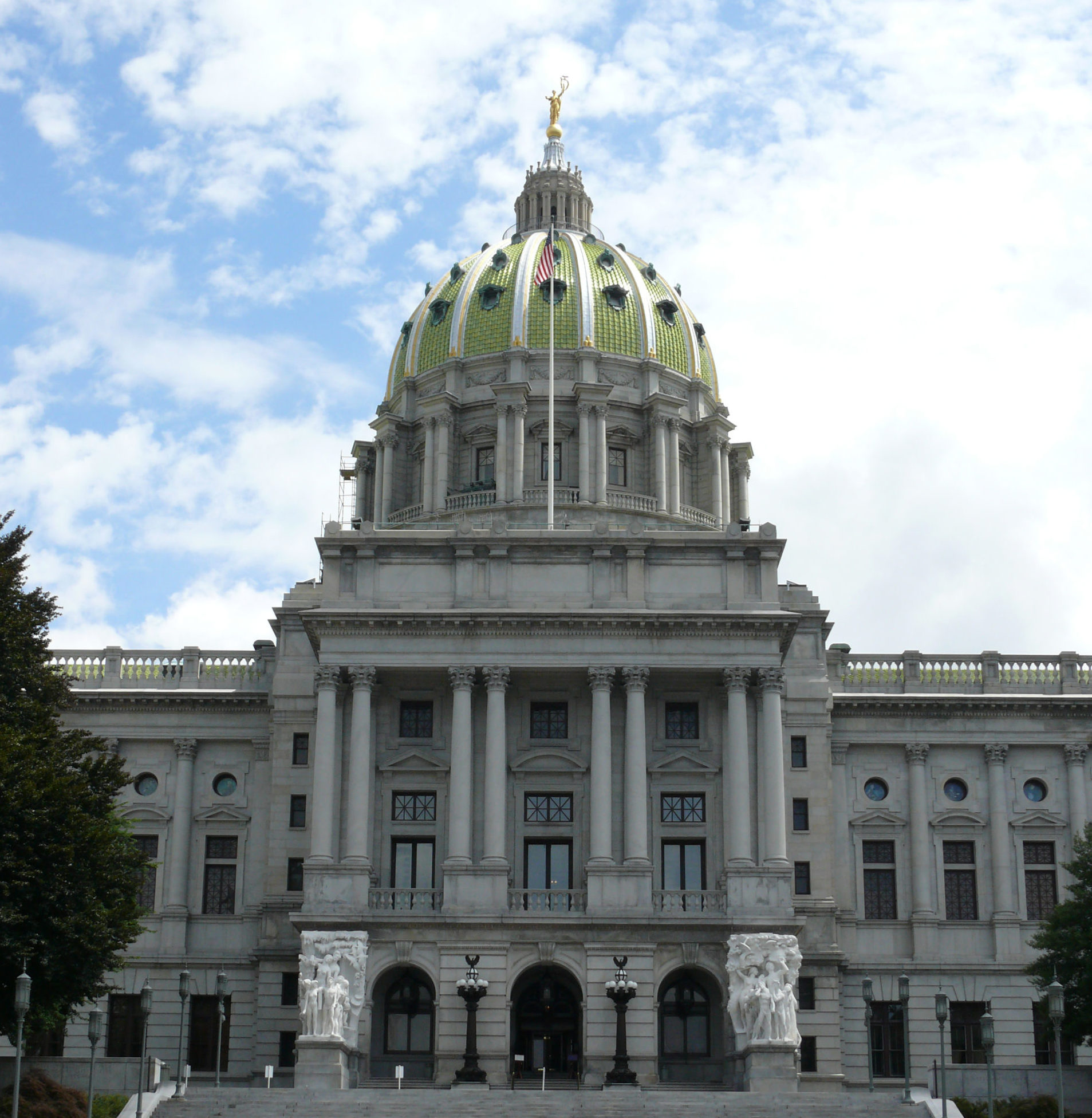DelVal First Time Voters Share Their Thoughts on 2024 Candidates

According to the U.S. Elections Project, 59.2 percent of people who were eligible to vote in the 2016 general election did so. That number increased to 66.6 percent in 2020.
With the 2024 presidential election on the horizon and 80-year-old President Joe Biden and former President Donald Trump, 76, already declaring their candidacies, the winning candidate will need to attract as many voters as possible from every age group.
What are young voters looking for in a candidate?
The DVJournal asked high school seniors who will be voting next year what qualities they find valuable in a presidential candidate and what they would want for a candidate in 2024. Like members of other generations, they had diverse answers.
Bucks County native Charlie Adams, 18, focused on strategies the president should take, along with the experience that he would like candidates to have.
“They should be able to adapt to our era now regardless of [their] age,” said Adams. “Also, background in government and prior experience with some form of military experience, as well, is sufficient for me.
“ In 2024, I would like all of these, but in someone younger and who understands social media and can relate with the people effectively,” said Adams.
“Any new candidate that has a focus on social media presence would have an advantage in the next election, as the new voters today have a lot more of a focus online for advertising and messages rather than television or newspapers, as candidates in the past have relied on,” he said.
Others, like Bucks County student Grace Kantra, 18, paid more attention to what the president’s mindset should be and what policy stances they would take.
“For me, the most valuable qualities would be having empathy and compassion for everyone and basing their ideas for America on our country’s needs and not their own personal agenda,” said Kantra. “I would really like someone who is in the middle of the road politically, not too extreme in their ideologies whether they be Democratic or Republican. And who’s willing to work together to compromise on pressing issues.
“I think recently we’ve had more extreme presidents who’ve really wanted to push a certain set of views, and it would be nice to have someone who was more willing to understand all perspectives and make more positive change for the U.S. as a whole and not just small groups,” she said. “Also, one specific quality I’m looking for is someone who supports women’s rights, is willing to fight for them, and blocks the idea of removing access to birth control for us in the future because that’s super scary to think about.”
However, it’s not a one size fits all. Some focused on policies they want to be changed. Chester County native Owen Langan, 18, said he “would love to see a candidate who is willing to fully stand behind Taiwan…[and] to focus on the opioid epidemic.”
He also said he would like systematic changes and “would like to see a candidate like Mitt Romney who strays away from the two-party system. Someone who is a third party or neither Democrat/Republican.”
That diversity of ways to approach this question shows how complex winning over the new generation will be for any presidential candidate, so much so that we may see fundamental changes in how the election is run in the next decade or two.
However, that does not mean there is no evidence that a preference exists. According to the Pew Research Center, voters in the youngest adult generations today–Generation Z (ages 18 to 23 in 2020) and the Millennial generation (ages 24 to 39 in 2020)–favored Biden over Trump by a margin of 20 percentage points.
In the next election, the Republican Party will most likely have to appeal more to Generation Z as it is historically disadvantaged in winning over this group. Regardless, the 2024 election will make history, and how the parties advertise to the youngest eligible generation could make or break their campaigns.
Please follow DVJournal on social media: Twitter@DVJournal or Facebook.com/DelawareValleyJournal







